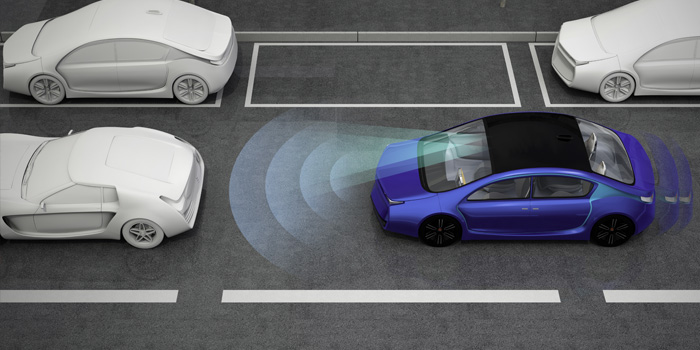
Even as global automotive sales face headwinds in a shifting market, forecast demand for automotive camera applications and technologies is poised for significant growth over the next three to five years, Strategy Analytics’ 2019 Automotive Camera Report finds.
Global OEM demand for cameras fitted to light vehicles is expected to grow from 112.2 M units in 2019 to 324.9 M units in 2026 – a compound average annual growth rate (CAAGR) for 2018 to 2023 of 18 percent. In overall volume, the NAFTA region leads the way, with a total of 40 million units shipped in 2019 to 96.3 million units shipped in 2026, a CAAGR of 14 percent over the period.
“We’re seeing a convergence of factors driving growth in automotive cameras,” said Edward Sanchez, senior analyst, automotive for Strategy Analytics. “The technology is coming down in price, particularly with CMOS cameras growing in sophistication and capabilities. Secondly, the coming Euro NCAP requirements for 2022 significantly raise the bar for safety expectations. In many cases, cameras are one of the most cost-effective ways to meet a number of the requirements.”
“Thanks to safety requirements, cameras are clearly a much sought-after sensor in the automotive sector,” said Kevin Mak, principal analyst, automotive practice, Strategy Analytics.
The report also looks at emerging trends in the areas of Level 2+ ADAS and autonomous applications, drive recording, driver monitoring, rear seat occupancy, camera cleaning and new sensor technologies.













